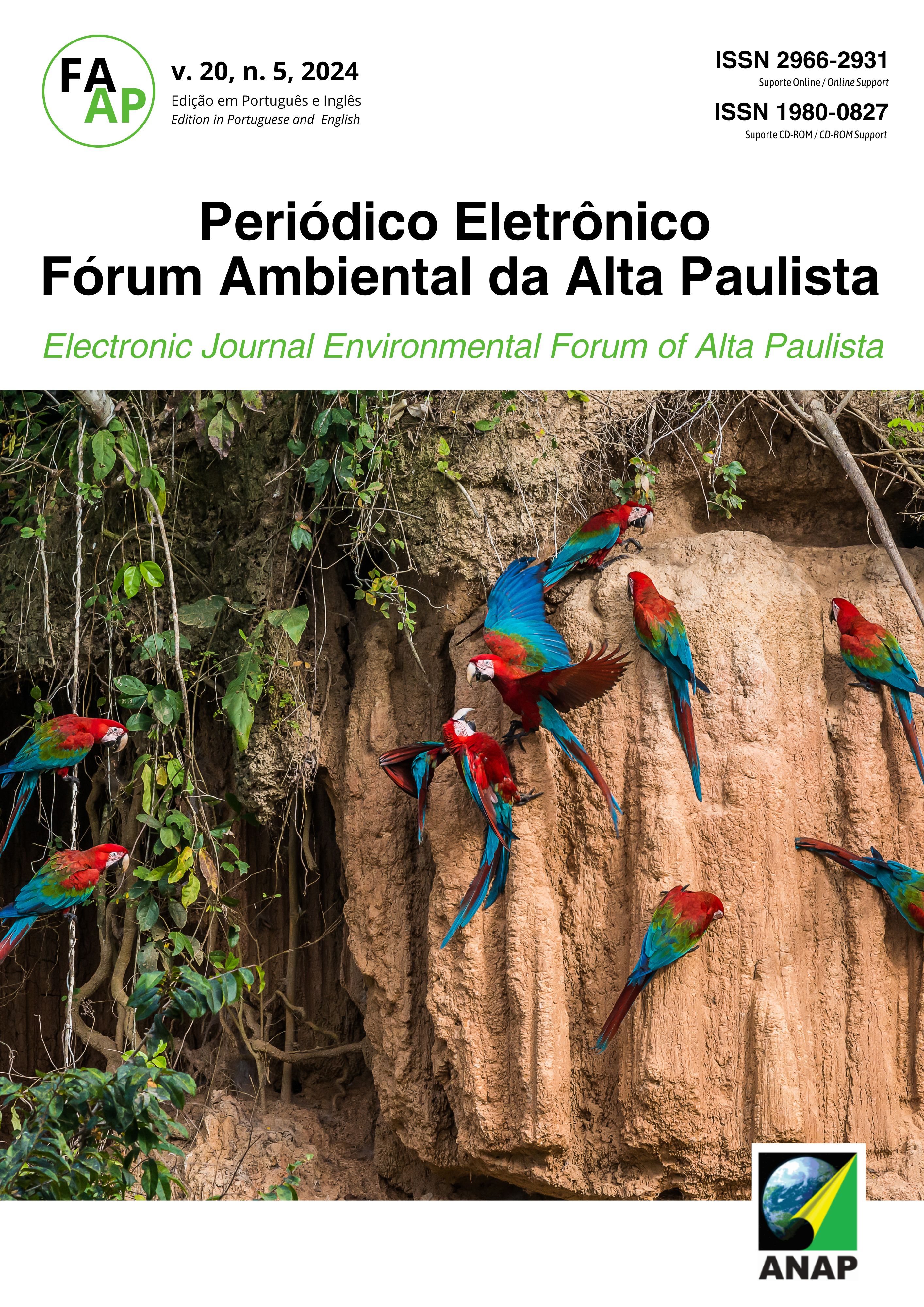Quilombola Identities
Rethinking hybridity beyond dichotomies
DOI:
https://doi.org/10.17271/1980082720520245262Keywords:
Quilombos, Cultural Hybridity, Black Identities, Intersectionality, DecolonialityAbstract
This essay critically analyzes the identities of Brazilian quilombola communities as continuous processes of cultural hybridization. It argues that static, essentialist, and dichotomous perspectives, such as traditional versus modern and rural versus urban, are insufficient to grasp the complexity of these experiences. Instead, it proposes understanding them through postcolonial and decolonial theoretical approaches to hybridity, cultural translation, and intersectionality. The study demonstrates how, since their genesis in colonial quilombos, these groups have engaged in creative negotiations among diverse African, Indigenous, and later urban matrices in complex resistance strategies. It explores the inherently fluid, multiple, and transcultural nature of quilombola identities, shaped by internal tensions and hybridizations of gender, generation, class, and territory. Finally, it highlights implications for the formulation of intercultural public policies and participatory research that value the ongoing processes of identity reinvention led by these communities.
Downloads
Downloads
Published
Issue
Section
License
Copyright (c) 2024 Electronic Journal "Fórum Ambiental da Alta Paulista"

This work is licensed under a Creative Commons Attribution 4.0 International License.












